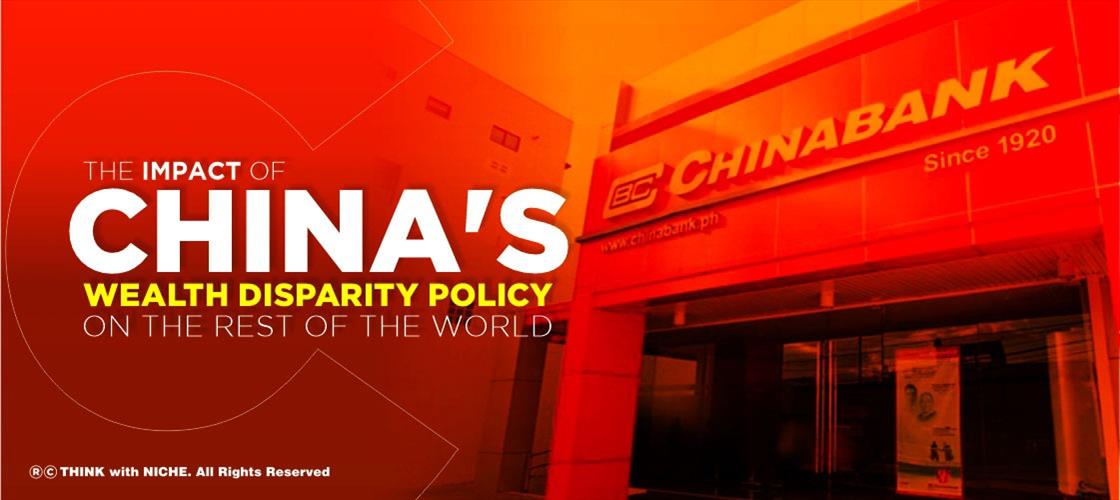The Impact Of China's Wealth Disparity Policy On The Rest Of The World

News Synopsis
The refocusing of corporate China's efforts to the home market has been one of the most evident results of common prosperity. Alibaba claims to be a benefit of the country's economic growth, claiming that "if society and the economy are doing well, Alibaba will do well." If more focus on the expanding Chinese middle class is a result of the commonwealth, it might be a windfall for global enterprises that cater to these clients. Businesses related to the luxury industry, on the other hand, may not fare as well, according to Mr. Wuttke.
Common prosperity, according to Steven Lynch of the British Chamber of Commerce in China, is not a guarantee that the middle class will rise at the same rate as it has in the last forty years. Common prosperity, at least according to the Communist Party, is about making Chinese society more egalitarian. And this has the potential to change the definition of socialism around the world. China, according to Wang Huiyao of the Beijing-based Centre for China and Globalisation, wishes to avoid the polarised society that certain Western countries have, which has resulted in de-globalization and nationalization.
China has always been a difficult environment for international enterprises to work in, and now that it is experiencing shared prosperity, the world's second-largest economy has become much more challenging to manage.
You May Like









